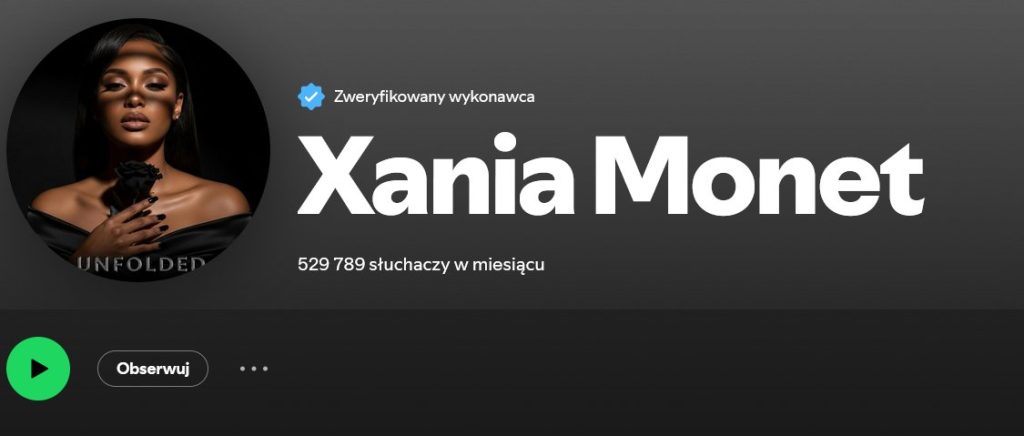Who is Xania Monet, and How Was She Created?
Though “Monet” appears onscreen as an AI performer, behind her is Telisha Jones, a poet who crafts the lyrics and concepts. Using Suno — a controversial AI music platform — she colors her words with beats, AI-generated instruments, and virtual visuals. She doesn’t appear via live video to label execs during signing; yet, the executives — led by former Interscope vet Neil Jacobson — were moved enough to offer her Big-money backing anyway.
Her music isn’t just synthetic filler. Fans and the label claim that while the instrumentation and production harness AI tools, lyrics and storytelling remain her own — she writes from real life, poetry, pain, identity. Ownership of masters and compositions reportedly stays with her.

What Artists Like Kehlani, SZA & Chloe Bailey Are Saying
This rise hasn’t come without backlash:
- Kehlani has been especially vocal, calling out the deal as a troubling sign that human artists’ spaces are being “taken up by a computer program.” She said things like “people saying ‘damn I don’t care she’s so relatable. IT, not she … is tailoring to us.” She argues that the emotional, human side of music risks being replaced by algorithms and prompts.
- While SZA and Chloe Bailey haven’t made full-length public statements (as of now) in the same vein, sources say they’re observing closely — both sympathetic to the promise of tech and wary of what this means for authenticity, performance, and live touring as AI artists ascend.
These conversations are heated because stakes are high: who gets paid, who gets seen, who gets heard.
What This Could Mean for Music’s Future
Redefining “Artist”: If someone doesn’t physically perform but writes lyrics, chooses styles, and uses AI tools for melody/instrumentals, are they still an “artist”? Xania Monet is forcing that question front-and-center.
Ownership & Authorship Issues: Monet claims rights to her masters and compositions. The fact that she uses AI tools doesn’t automatically strip her of creators’ rights — but it opens up debates about transparency, copyright, and what qualifies as “original.”
Economic Shift: Deals of millions for virtual performers might reroute investment away from human musicians who depend on touring, merch, and “physical presence” as sources of income. Labels may see AI as lower-risk, scalable, and trend-friendly.
Cultural Pushback: Fans, established artists, culture writers are now voicing concerns: does this erode authenticity? Will live music suffer? Will there be less room for new artists who can’t “compete” with algorithms?

The Rise Of AI Music Artistry
Xania Monet’s rise isn’t just a headline — it’s a lightning rod. She represents both a looming industrial shift and a cultural battleground. Whether she becomes a watershed moment or a controversial side chapter depends on how the industry, the law, and fans respond when the flashy sheen wears off.
Regardless: AI music isn’t just knocking at the door anymore. It just walked in — and the real test is whether it’ll stay, and at what cost.


GIPHY App Key not set. Please check settings